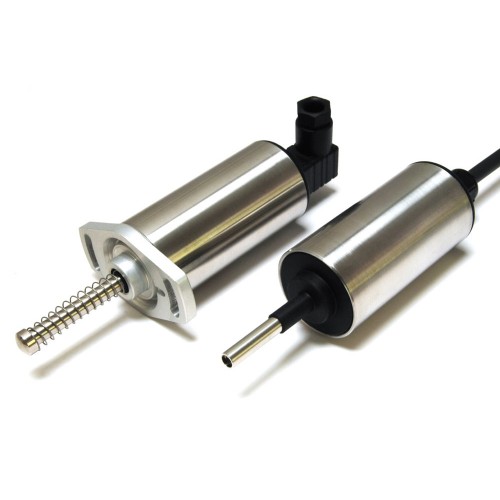
Positek
H133
Part no.: H133
Key Features
• CSA approved to: Class I, Zone 0
• Sensor Mounting: Flange or body clampsSpring loaded pushrod option available
• Available in any measurement range from 0-51mm to 0-100mm(for 2-50mm range see P103)
• Sealed to IP65/67 depending on connector/cable option
The intrinsically safe H133 is CSA approved for use in potentially explosive gas/vapour and dust atmospheres. It is designed for a wide range of industrial applications and is ideal for OEMs seeking good sensor performance in situations where a mid-bodied sensor is required for operation in hazardous areas. The unit is compact and space-efficient, being responsive along almost its entire length, and like all Positek sensors provides a linear output proportional to displacement. Each unit is supplied with the output calibrated to the travel required by the customer, from 0-51mm to 0-100mm and with full EMC protection built in.
Overall performance, repeatability and stability are outstanding over a wide temperature range.
The sensor has a rugged stainless steel body and plunger. It is easy to install and set up, mounting options include flange and body clamps. The plunger can be supplied free or captive, with female M4 thread, or spring-loaded with a ball end. The H133 also offers a wide range of mechanical options, environmental sealing is to IP65 or IP67 depending on selected cable or connector options.
Positek intrinsically safe sensors are designed to be used with a galvanically isolated amplifier. Approved galvanic isolation amplifiers (G005) are available from Positek; there is a choice of 0.5-9.5V or 4-20mA transmission outputs.
The sensor can be installed with a cable length up to 1km between the sensor and the amplifier.
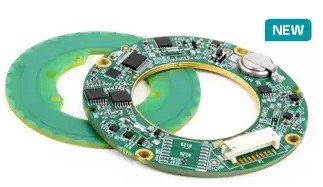
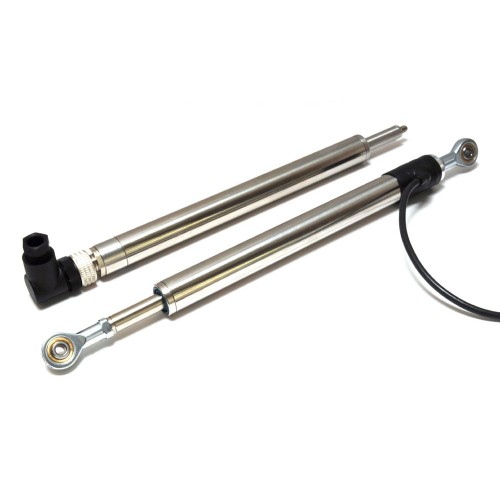
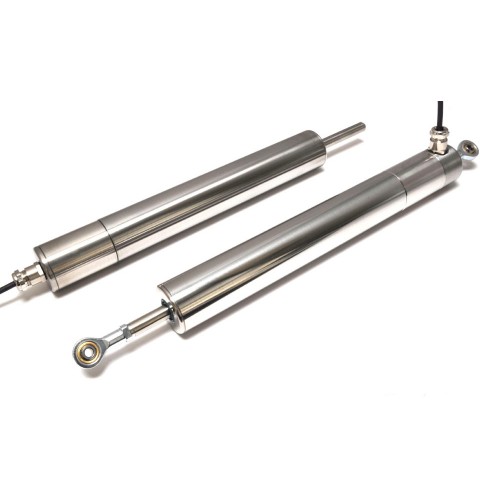
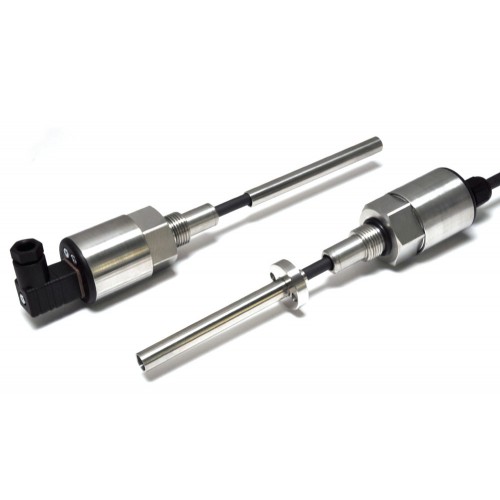
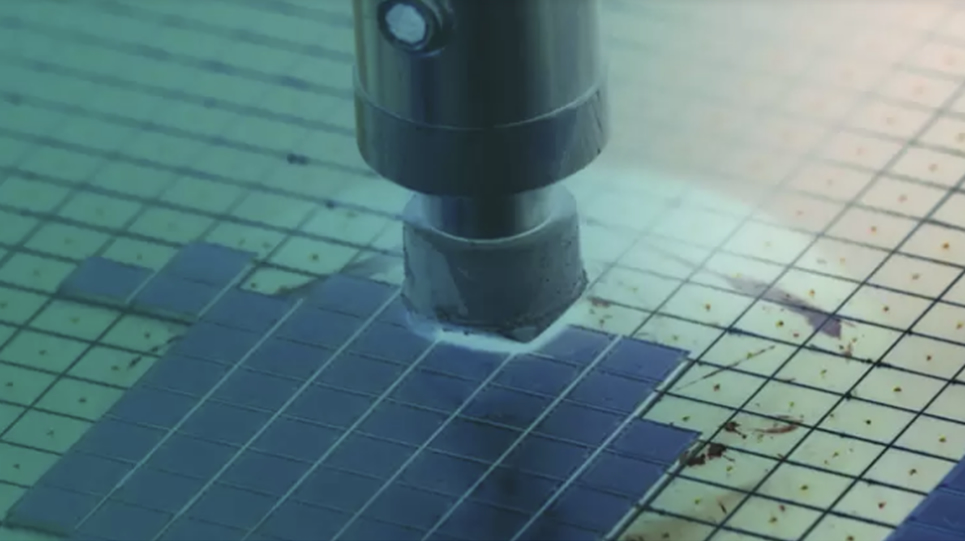



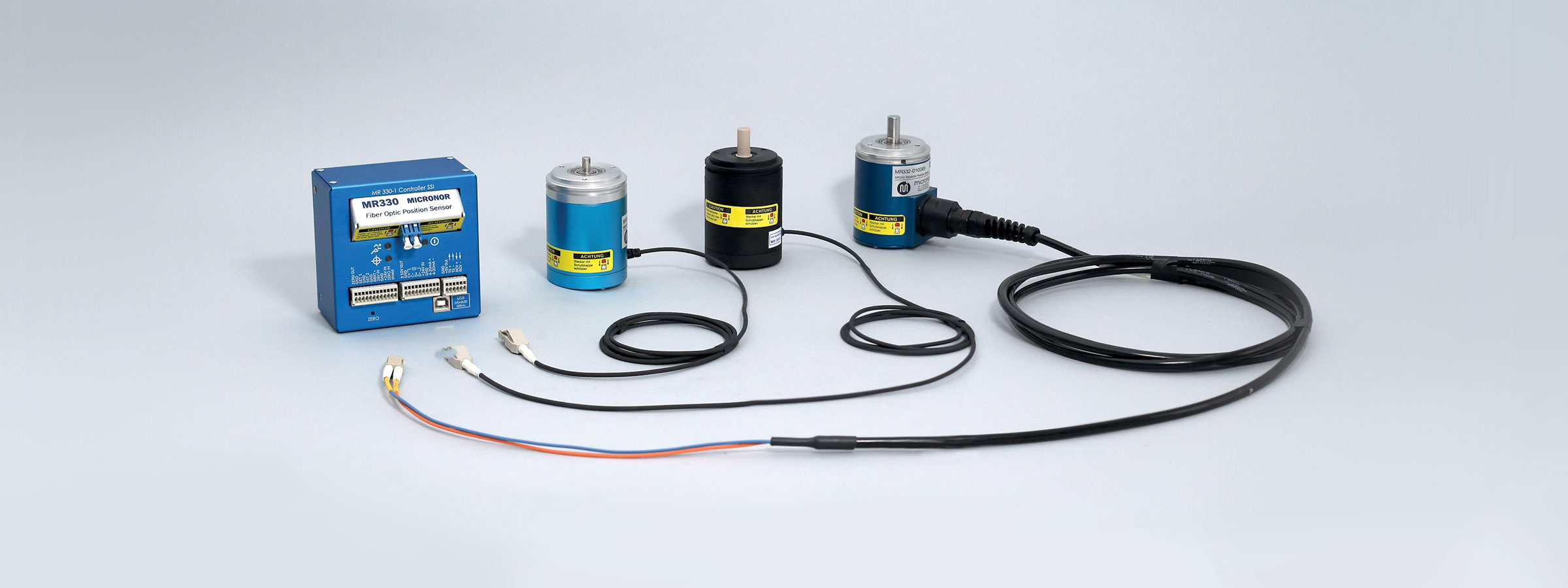

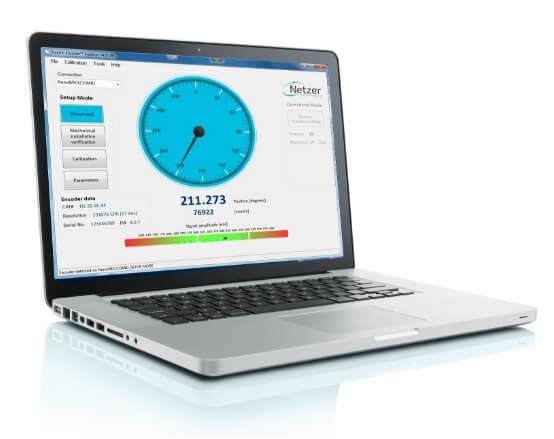
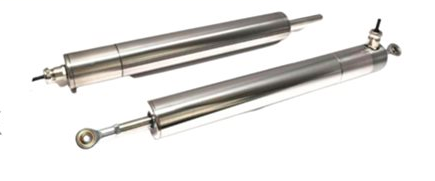

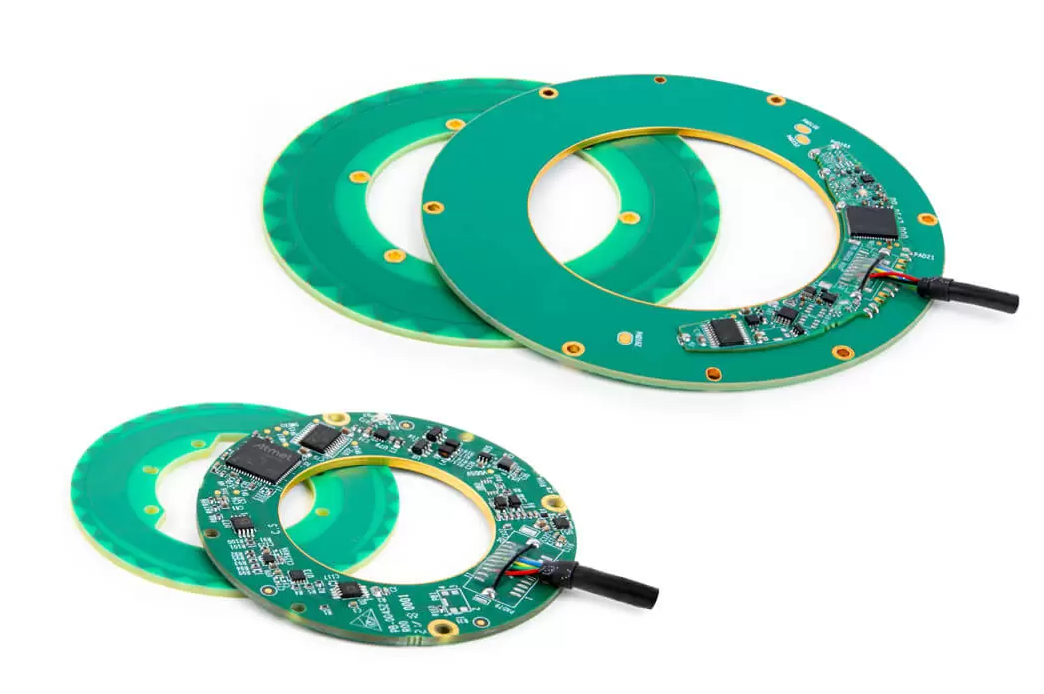

 856-727-9500
856-727-9500